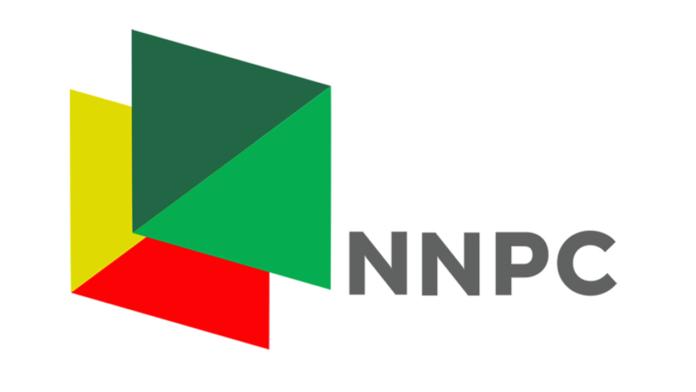NNPCL explains how fuel prices are determined
The NNPCL has said that the current fuel scarcity is expected to ease off in a few days as more stations will begin selling the product.
The NNPCL has said that the current fuel scarcity is expected to ease off in a few days as more stations will begin selling the product.
© 2024 Daily Patriot Nigeria. All Rights Reserved.


